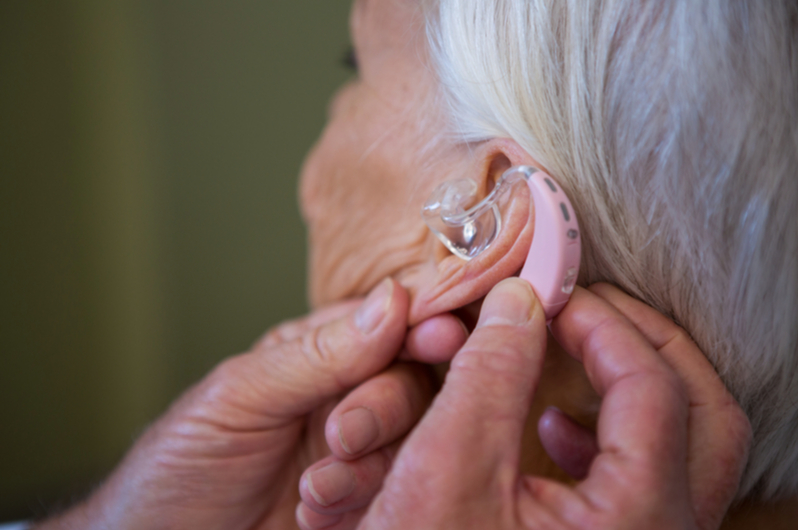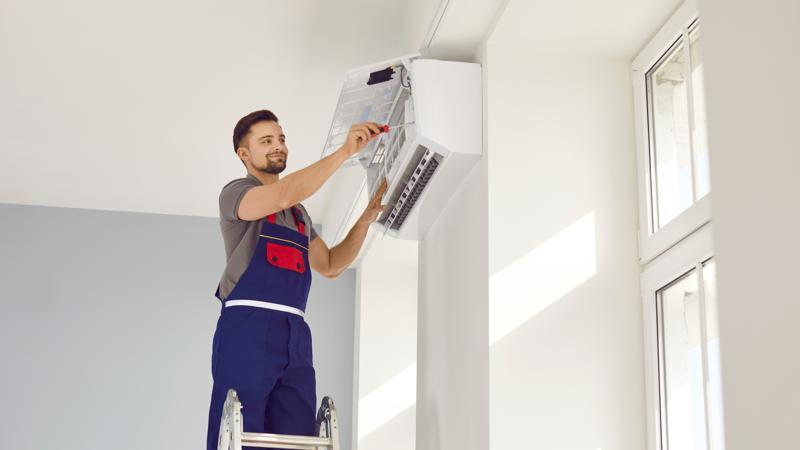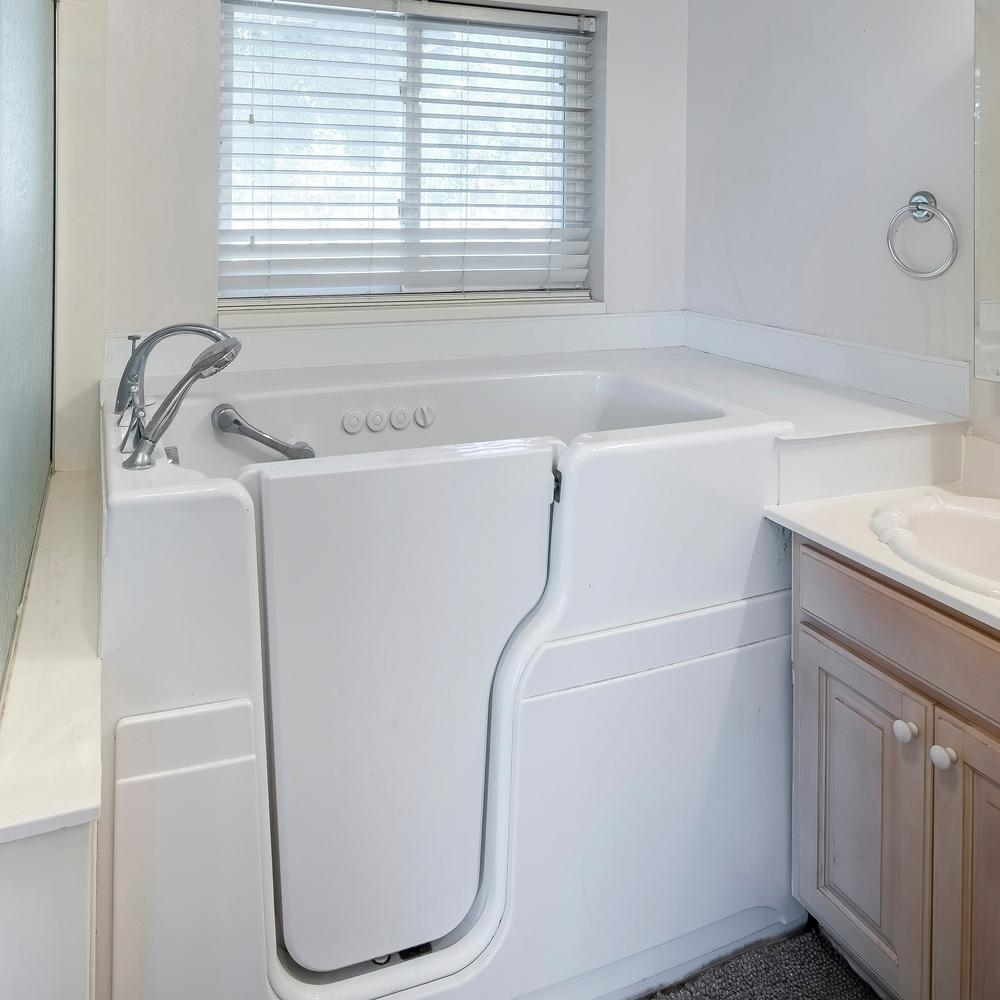How To Choose Which Hearing Aid Is Right For You
Hearing loss can be a debilitating condition that can negatively impact one's quality of life. Fortunately, there are several types of hearing aids available that can help improve one's hearing ability. However, with so many options available, it can be overwhelming to determine which hearing aid is right for you.
Discover the factors to consider when selecting a hearing aid that suits your lifestyle and hearing needs.
Types of Hearing Aids
There are several types of hearing aids available on the market. The most common types are behind-the-ear (BTE), in-the-ear (ITE), and in-the-canal (ITC) hearing aids.

BTE hearing aids are worn behind the ear and are attached to a custom ear mold that fits inside the ear. They are suitable for people with mild to severe hearing loss and are popular among children and adults.
ITE hearing aids are custom-made to fit inside the ear and are less visible than BTE hearing aids. They are suitable for people with mild to moderate hearing loss.
ITC hearing aids are the smallest type of hearing aid available and are custom-made to fit inside the ear canal. They are suitable for people with mild to moderate hearing loss and are virtually invisible.
Hearing Aid Costs
The cost of hearing aids can vary greatly depending on the type, features, and brand. On average, hearing aids can cost anywhere from $1,000 to $6,000 per ear. However, there are some low-cost hearing aids available that can cost as little as $100 per ear.
It is important to note that most insurance plans do not cover the cost of hearing aids. However, some plans may cover a portion of the cost, so it is essential to check with your insurance provider before purchasing a hearing aid.
Hearing Aid Maintenance
Proper maintenance of your hearing aid is crucial to ensure it functions correctly and lasts as long as possible. Some tips for hearing aid maintenance include:
-
Clean your hearing aid regularly with a soft, dry cloth.
-
Avoid exposing your hearing aid to moisture or extreme temperatures.
-
Change the batteries as needed.
-
Schedule regular check-ups with your audiologist or hearing aid specialist to ensure your hearing aid is functioning correctly.
Effectiveness of Different Hearing Aids
The effectiveness of different hearing aids can vary depending on the type and severity of your hearing loss. Over-the-counter (OTC) hearing aids may be suitable for people with mild hearing loss, while more severe hearing loss may require a more advanced hearing aid.
Bluetooth hearing aids are becoming increasingly popular and allow users to stream audio directly from their phone or other devices. They are suitable for people with mild to moderate hearing loss and can be a convenient way to improve your hearing ability.
Bone-anchored hearing aids (BAHA) are surgically implanted and are suitable for people with severe to profound hearing loss. They work by transmitting sound vibrations through the skull bone directly to the inner ear.
Where to Find Audiologists or Hearing Aid Specialists in Your Area
If you are considering purchasing a hearing aid, it is essential to consult with an audiologist or hearing aid specialist. They can help determine the type of hearing aid that is best suited for your specific needs and can provide ongoing support and maintenance.
To find an audiologist or hearing aid specialist in your area, you can consult with your primary care physician, ask for recommendations from friends or family, or search online for local providers.
Choosing the right hearing aid can be a challenging decision, but it is essential to improve your quality of life if you are experiencing hearing loss. By understanding the different types of hearing aids, their costs, maintenance, effectiveness, and where to find audiologists or hearing aid specialists in your area, you can make an informed decision that meets your specific needs. Remember to consult with a professional before purchasing a hearing aid to ensure you are getting the best possible solution for your hearing loss.











